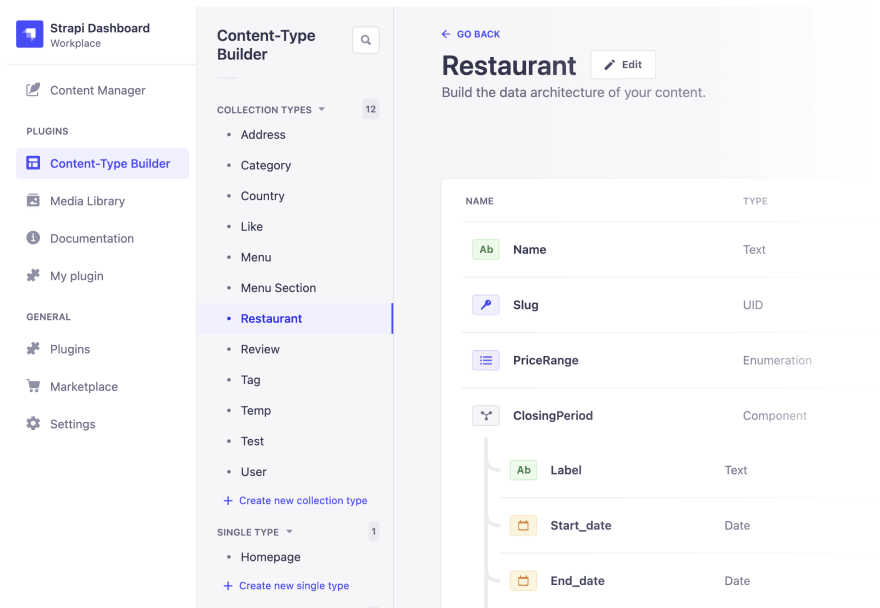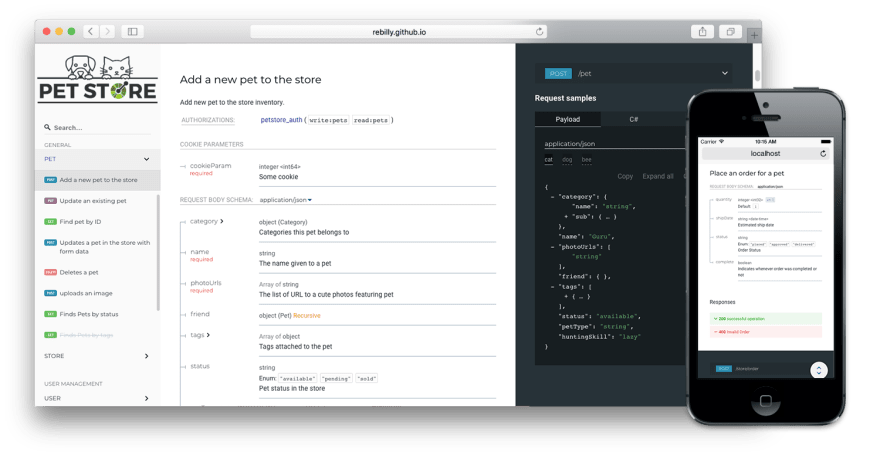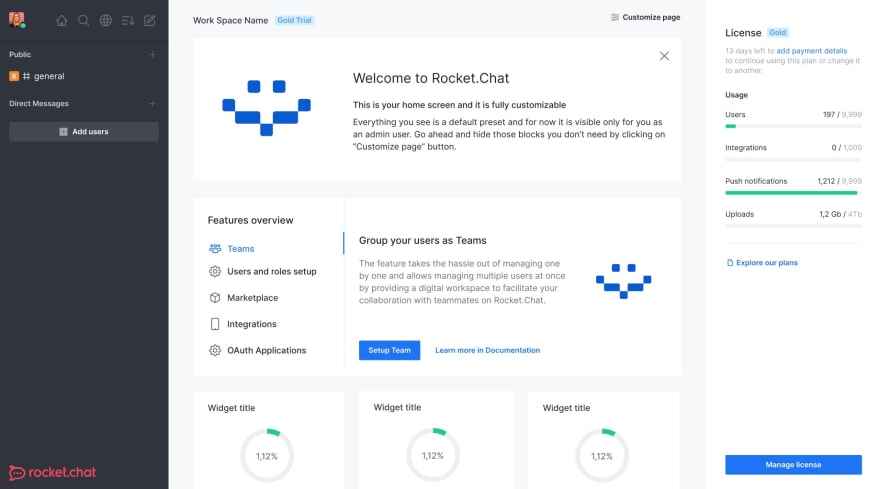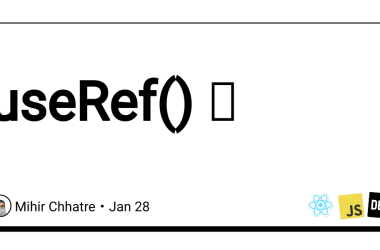Hacktoberfest is one of the most popular annual events that many developers gear up for to contribute to their favorite projects and win some cool swag.
If you’re interested in participating but you’re not sure which projects to contribute to, we’re listing 7 open source projects that you can contribute to this Hacktoberfest and help out the community that uses them.
1. Medusa
Medusa
Documentation |
Medusa Admin Demo |
Website
An open source composable commerce engine built for developers
Getting Started
You can install Medusa by either following our Quickstart guide or the following steps:
-
Install Medusa CLI
npm install -g @medusajs/medusa-cli
-
Create a new Medusa project
medusa new my-medusa-store --seed
-
Start your Medusa engine
cd my-medusa-store medusa develop
Requirements
- Node v14.0 or higher.
- SQLite or PostgreSQL (SQLite is only for getting started; PostgreSQL is recommended)
- Redis
You can check out this documentation for more details about setting up your environment.
What is Medusa?
Medusa is an open source composable commerce engine built with Node.js. Medusa enables developers to build scalable and sophisticated commerce setups with low effort and great developer experience.
You can learn more about Medusa’s architecture in our documentation.
Features
- Orders, Exchanges, and Returns APIs: Aside from the standard order management that comes with ecommerce platforms, Medusa…
Medusa is an open source composable commerce platform that has a growing community behind it. As Medusa is made up of different components, there are many elements you can contribute to.
You can contribute to its core, storefronts, admin, and more!
No-code and low-code contributions are also available by contributing to Medusa’s documentation. You can either check available issues or report any issues you find in the documentation.
Here are some resources to help you start contributing to Medusa:
- Good-First Issues. Those include contributions to the core of Medusa and the documentation.
- Engineering Contribution Guidelines.
- Documentation Contribution Guidelines.
2. Strapi

strapi
/
strapi
🚀 Strapi is the leading open-source headless CMS. It’s 100% JavaScript, fully customizable and developer-first.
API creation made simple, secure and fast.
The most advanced open-source headless CMS to build powerful APIs with no effort.
Strapi is a free and open-source headless CMS delivering your content anywhere you need.
- Keep control over your data. With Strapi, you know where your data is stored, and you keep full control at all times.
- Self-hosted. You can host and scale Strapi projects the way you want. You can choose any hosting platform you want: AWS, Render, Netlify, Heroku, a VPS, or a dedicated server. You can scale as you grow, 100% independent.
- Database agnostic. Strapi works with SQL databases. You can choose the database you prefer: PostgreSQL, MySQL, MariaDB, and SQLite.
- Customizable. You can quickly build your logic by fully customizing APIs, routes, or plugins to fit your needs perfectly.
Getting Started
Read the Getting Started tutorial or follow the steps…
Strapi is an open source headless CMS platform with over 48K stars on GitHub. Strapi makes it easy to create a customizable CMS backend, and integrate that backend to any frontend framework.
You can contribute to both Strapi’s core and documentation.
Some resources to help you get started:
- Strapi’s core issues and documentation issues.
- Strapi’s core contribution guidelines.
- Strapi’s documentation contribution guidelines.
3. Forem
Forem 🌱
For Empowering Community
Welcome to the Forem codebase, the platform that powers
dev.to. We are so excited to have you. With your help, we can
build out Forem’s usability, scalability, and stability to better serve our
communities.
What is Forem?
Forem is open source software for building communities. Communities for your
peers, customers, fanbases, families, friends, and any other time and space
where people need to come together to be part of a collective
See our announcement post
for a high-level overview of what Forem is.
dev.to (or just DEV) is hosted by Forem. It is a community of
software developers who write articles, take part in discussions, and build
their professional profiles. We value supportive and constructive dialogue in
the pursuit of great code and career growth for all members. The ecosystem spans
from beginner to advanced developers, and all are welcome to find their place…
Forem is an open source software that can be used to build communities. It’s famously known for power dev.to. Forem is a project that is highly valuable to developers as it allows sharing of insights, experiences, and tutorials on platforms powered by it.
You can contribute to both Forem’s core and documentation. Although there aren’t many documentation issues on their GitHub repository, you can always open issues or send PRs if you find issues in their documentation.
Some resources to help you get started:
4. Redoc
This is the README for the 2.x version of Redoc (React-based).
The README for the 1.x version is on the v1.x branch.
About Redoc
Redoc is an open-source tool for generating documentation from OpenAPI (fka Swagger) definitions.
By default Redoc offers a three-panel, responsive layout:
- The left panel contains a search bar and navigation menu.
- The central panel contains the documentation.
- The right panel contains request and response examples.
Live demo
If you want to see how Redoc will render your OpenAPI definition
you can try it out online at https://redocly.github.io/redoc/.
A version of the Swagger Petstore API is displayed by default
To test it with your own OpenAPI definition
enter the URL for your definition and select TRY IT.
Redoc vs. Reference vs. Portals
Redoc is Redocly’s community-edition product. Looking for something more
Checkout the following feature comparison of Redocly’s…
Redoc is an open source tool to generate API reference documentation websites from OpenAPI definitions.
Redoc powers many projects’ API reference documentation, including DigitalOcean, dev.to, and Medusa.
Some resources to help you get started:
5. Rocket.Chat

RocketChat
/
Rocket.Chat
The communications platform that puts data protection first.
Rocket.Chat is an open-source fully customizable communications platform developed in JavaScript for organizations with high standards of data protection.
We are a MERN based application enabling real-time conversations between colleagues, with other companies or with your customers, regardless of how they connect with you. The result is an increase in productivity and customer satisfaction rates.
Every day, tens of millions of users in over 150 countries and in organizations such as Deutsche Bahn, The US Navy, and Credit Suisse trust Rocket.Chat to keep their communications completely private and secure.
Using our self-managed offerings you can deploy Rocket.Chat on your own server, or you can use SaaS Rocket.Chat. We offer support for both community as well as commercial plans.
Cloud Hosted Rocket.Chat
https://cloud.rocket.chat/trial
Installation
Please see the requirements documentation for system requirements and more information about supported operating systems
Please refer to Install Rocket.Chat to…
Rocket.Chat is an open source communications platform that can be used for team collaboration, omnichannel support, chat engine, and more!
Some resources to help you get started:
6. Meilisearch

meilisearch
/
meilisearch
A lightning-fast search engine that fits effortlessly into your apps, websites, and workflow.
Website |
Roadmap |
Blog |
Documentation |
FAQ |
Slack
⚡ A lightning-fast search engine that fits effortlessly into your apps, websites, and workflow 🔍
Meilisearch helps you shape a delightful search experience in a snap, offering features that work out-of-the-box to speed up your workflow.
🔥 Try it! 🔥
🎃 Hacktoberfest
It’s Hacktoberfest 2022 @Meilisearch
Hacktoberfest is a celebration of the open-source community. This year, and for the third time in a row, Meilisearch is participating in this fantastic event.
You’d like to contribute? Don’t hesitate to check out our contributing guidelines.
✨ Features
- Search-as-you-type: find search results in less than 50 milliseconds
- Typo tolerance: get relevant matches even when queries contain typos and misspellings
- Filtering and faceted search: enhance your user’s search experience with custom filters and build a faceted search interface in a few lines of code
- Sorting: sort results based on…
MeiliSearch is an open source search engine that can be used in websites, mobile apps, and workflows. MeiliSearch integrates with many other services and tools, including Medusa.
Some resources to help you contribute to MeiliSearch:
- Good First Issues.
- Contribution Guidelines. Make sure to refer to their Hacktoberfest section to abide by their guidelines.
7. Docusaurus

facebook
/
docusaurus
Easy to maintain open source documentation websites.
Docusaurus
We are working hard on Docusaurus v2. If you are new to Docusaurus, try using the new version instead of v1. See the Docusaurus v2 website for more details.
Docusaurus v1 doc is available at v1.docusaurus.io and code is available on branch docusaurus-v1
Introduction
Docusaurus is a project for building, deploying, and maintaining open source project websites easily.
Short on time? Check out our 5-minute tutorial ⏱️!
Tip: use docusaurus.new to test Docusaurus immediately in a playground.
- Simple to Start
Docusaurus is built in a way so that it can get running in as little time as possible. We’ve built Docusaurus to handle the website build process so you can focus on your project.
- Localizable
Docusaurus ships with localization support via CrowdIn. Empower and grow your international community by translating your documentation.
- Customizable
While Docusaurus ships with the key pages and sections you need to get started…
Docusaurus is an open source framework for building documentation websites. Using Docusaurus, you can build a documentation website for any type of software with great features such as localization, customization, a variety of plugins, and more.
You can contribute to both Docusaurus’s core and its documentation.
Some resources to get you started contributing to Docusaurus:
More Projects to Contribute to
The list of open source projects to contribute to is endless! You can find repositories that are open to contributions during Hacktoberfest under the Hacktoberfest topic on GitHub.




















